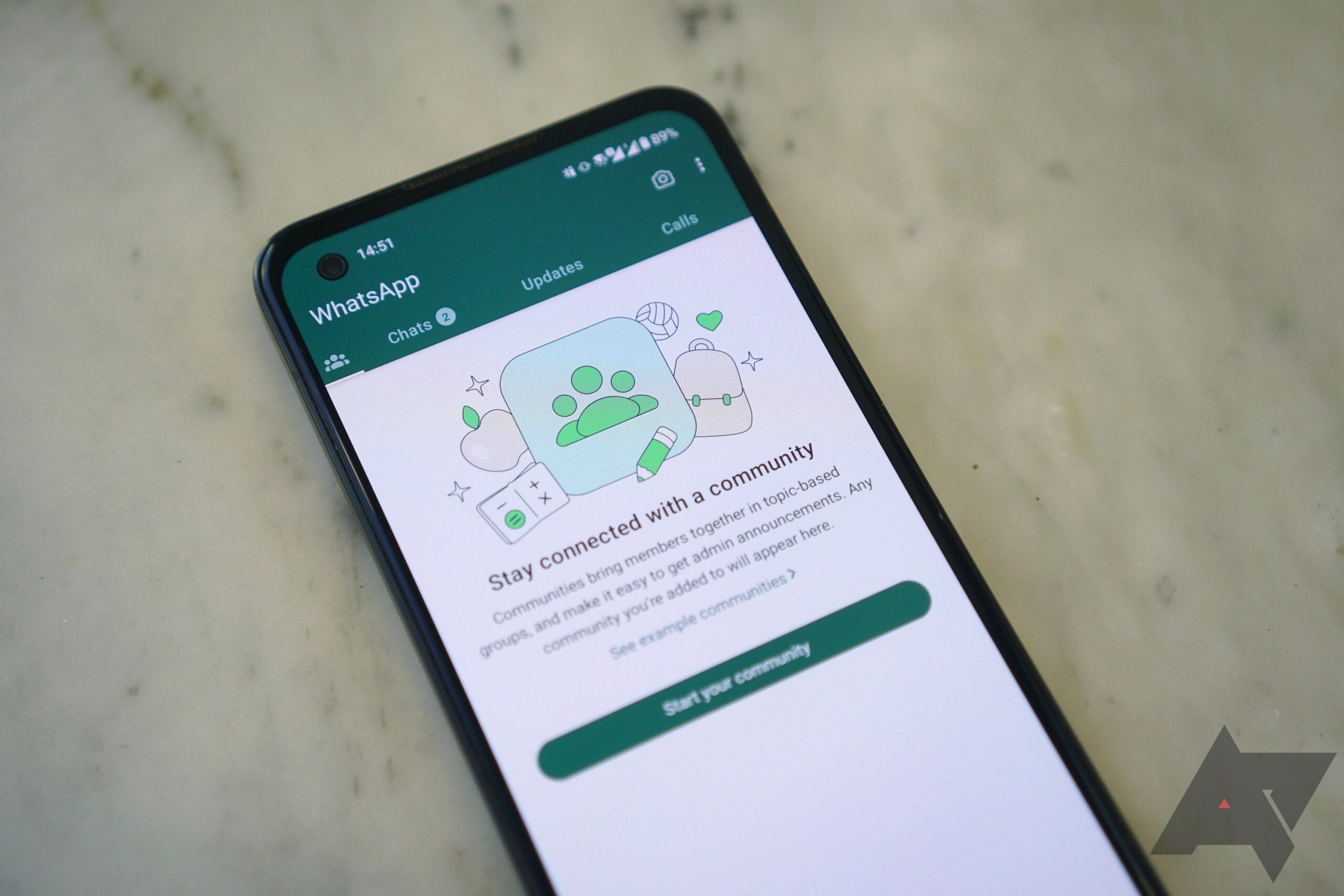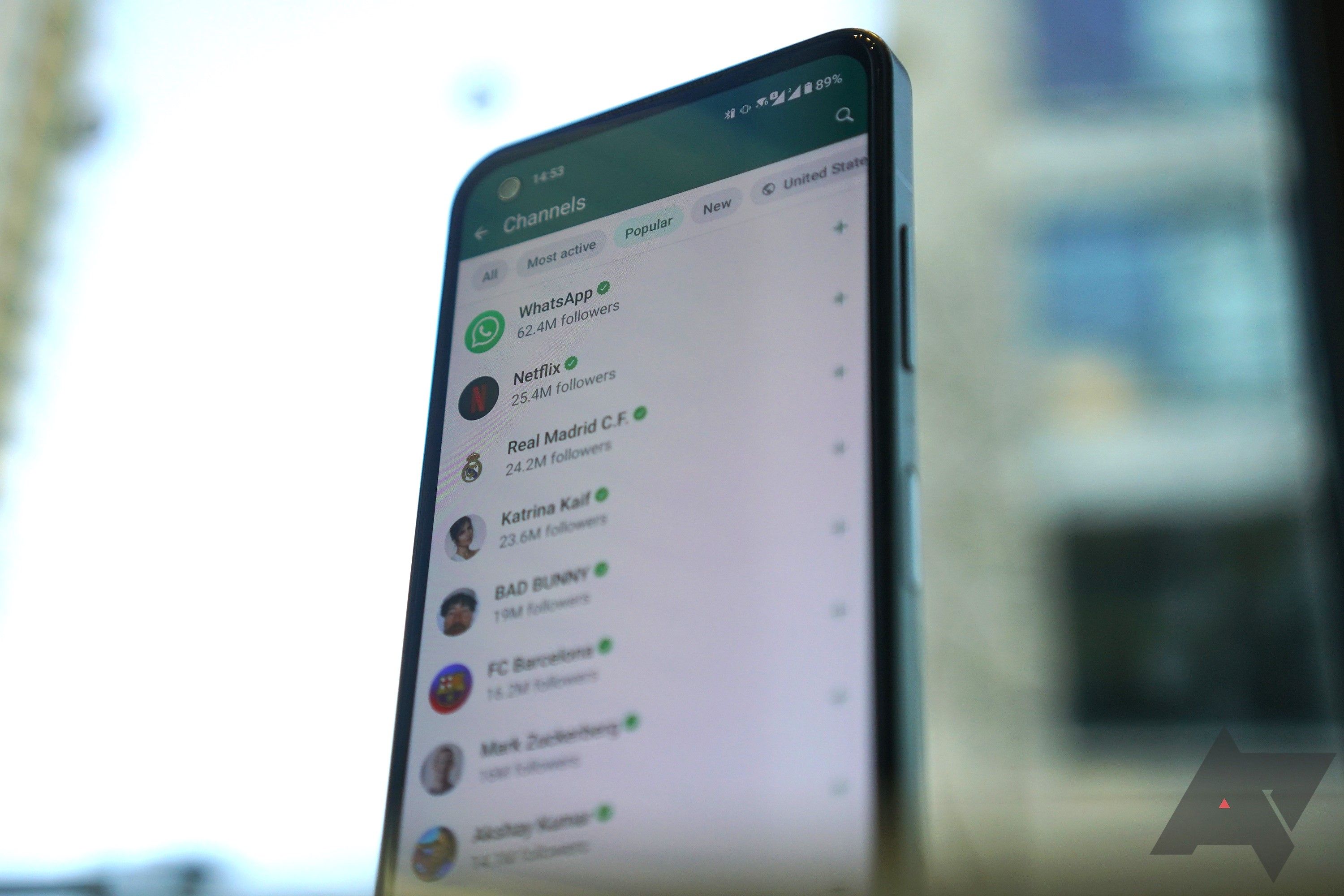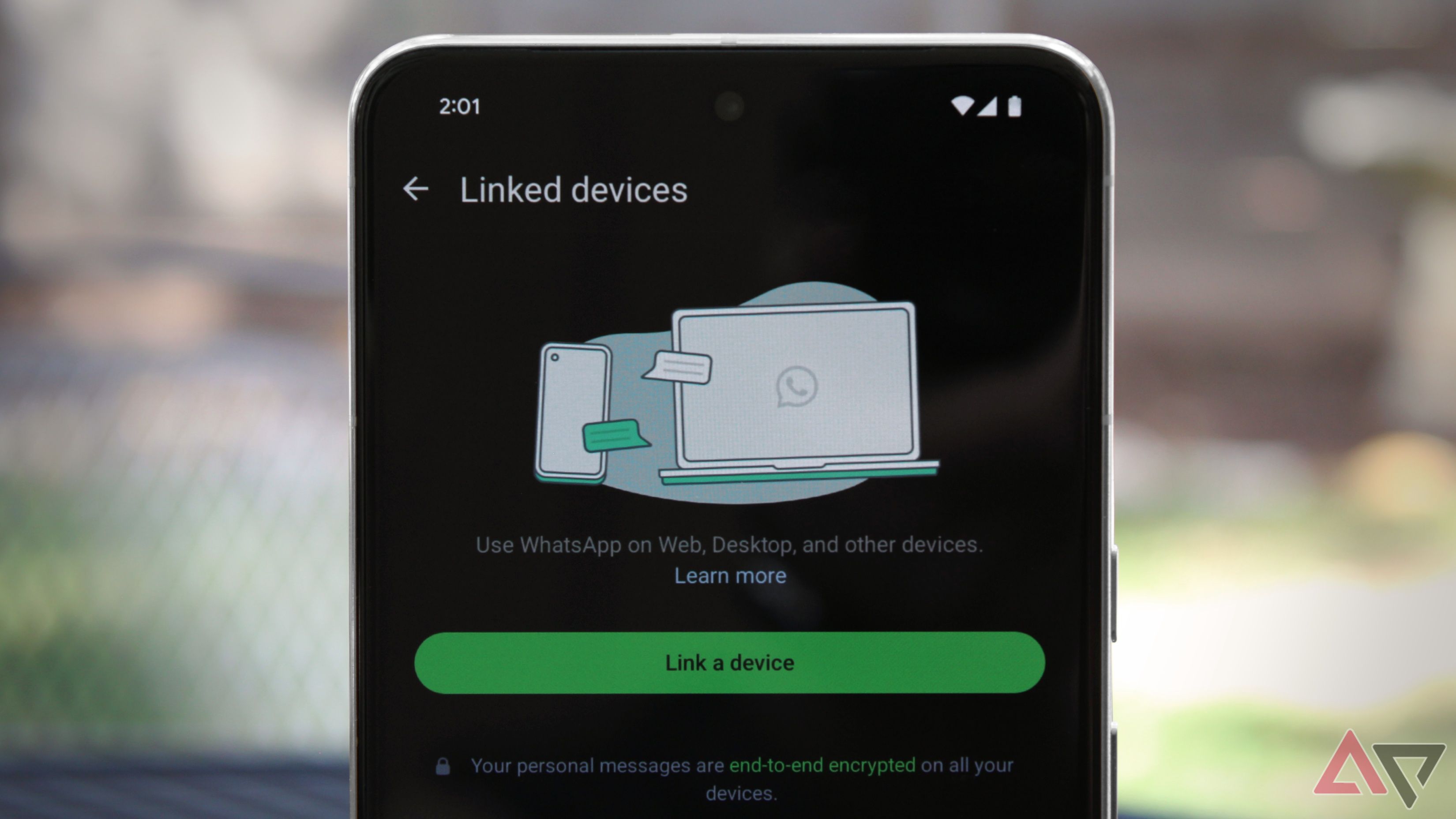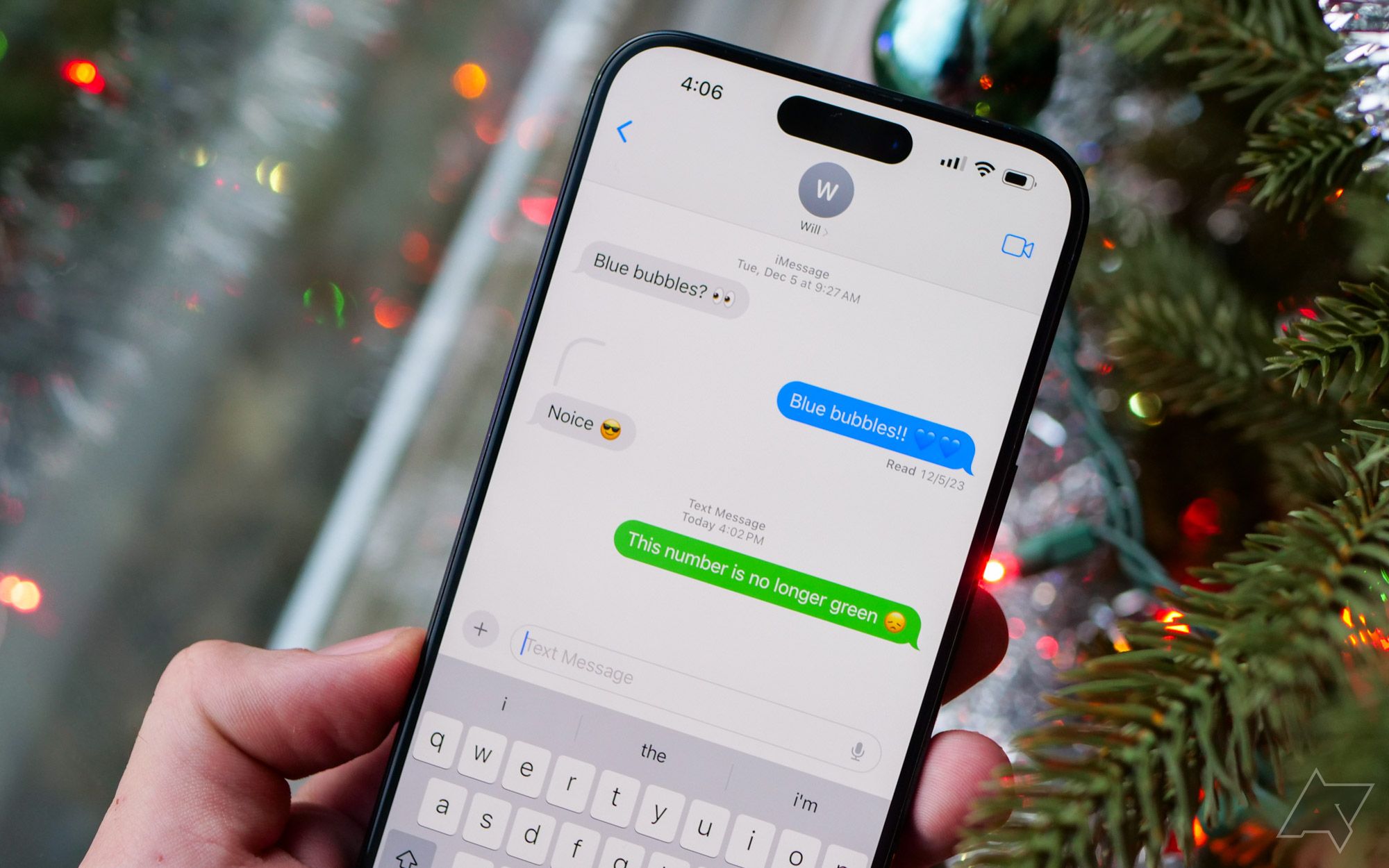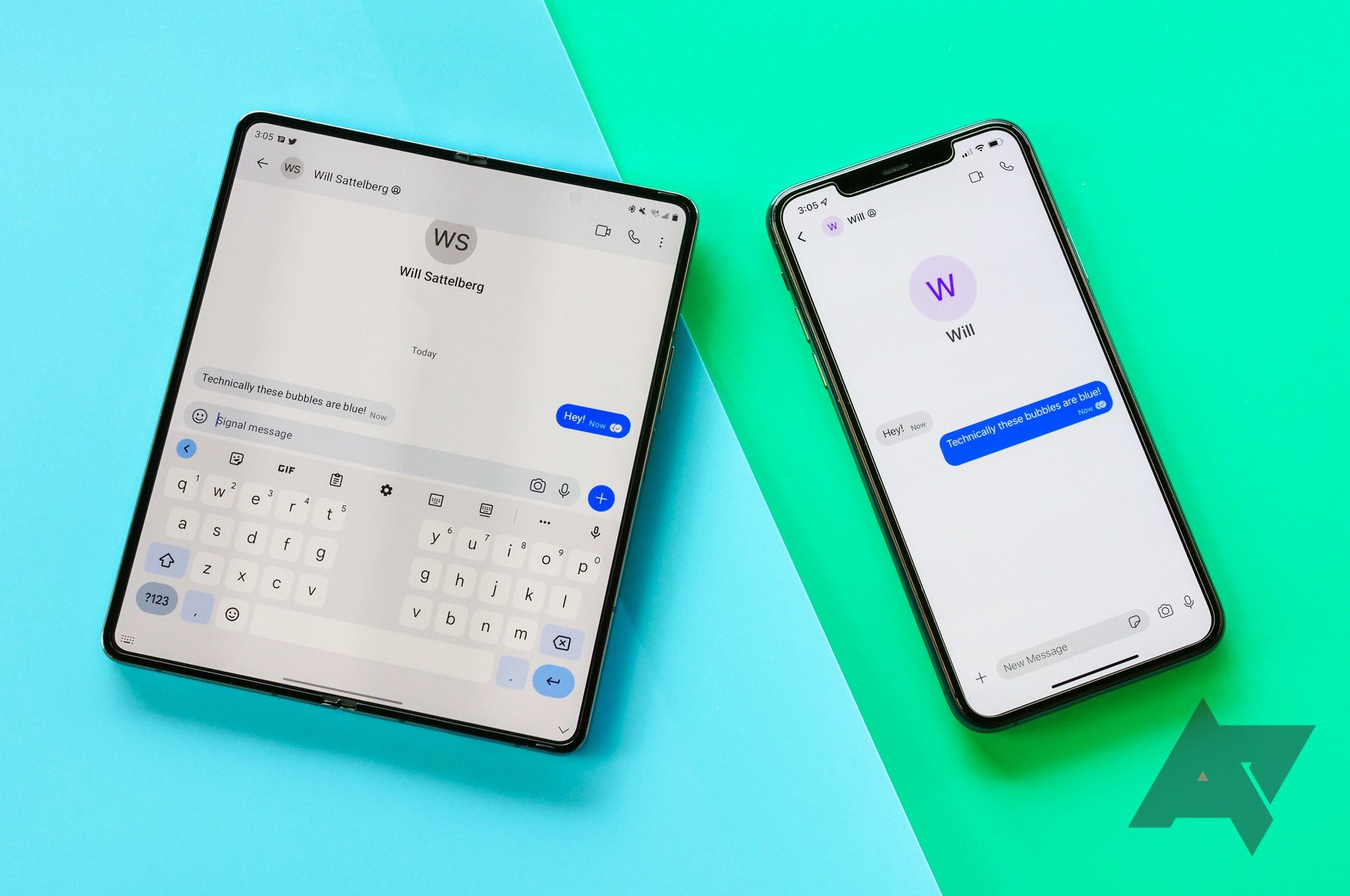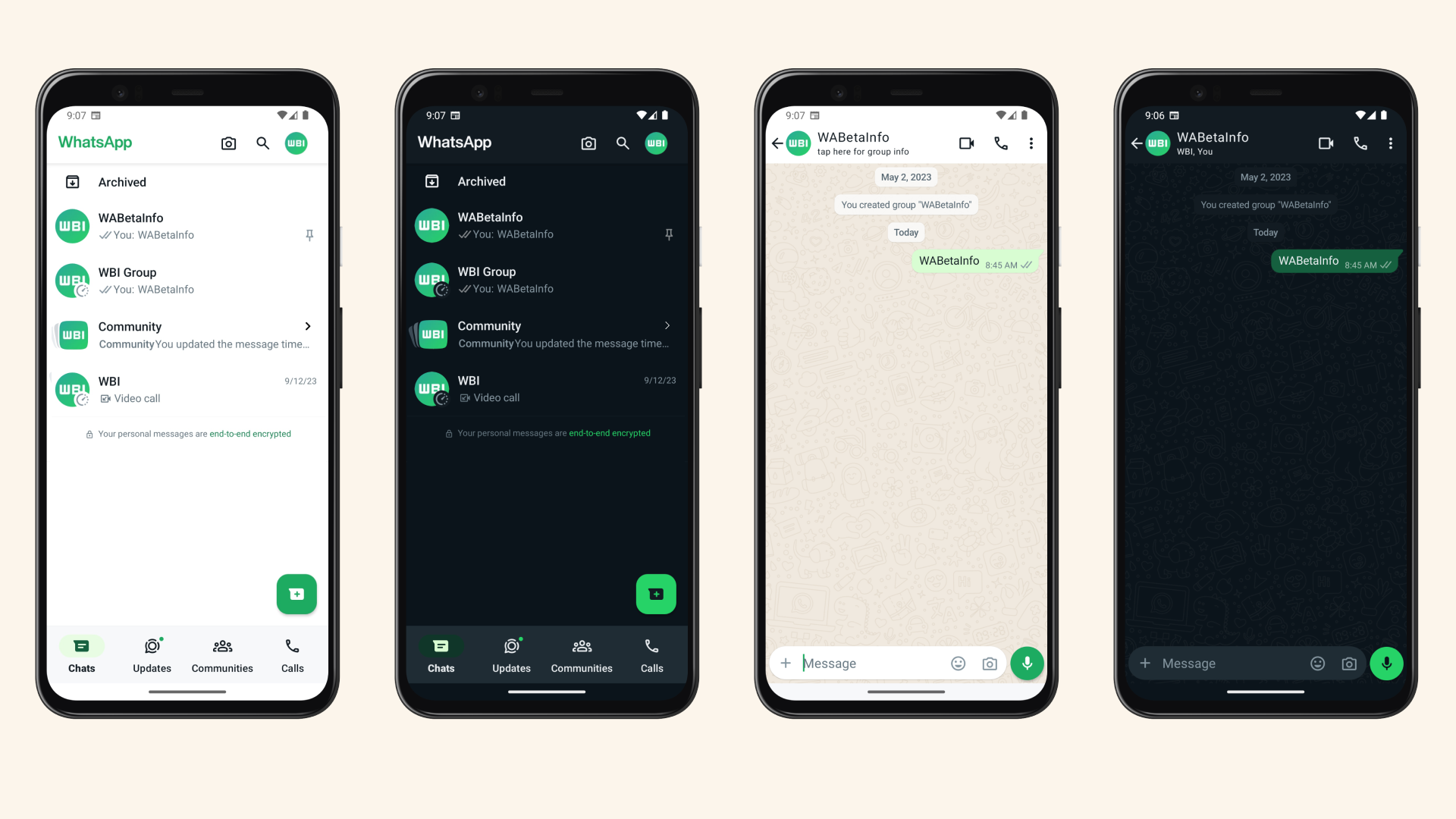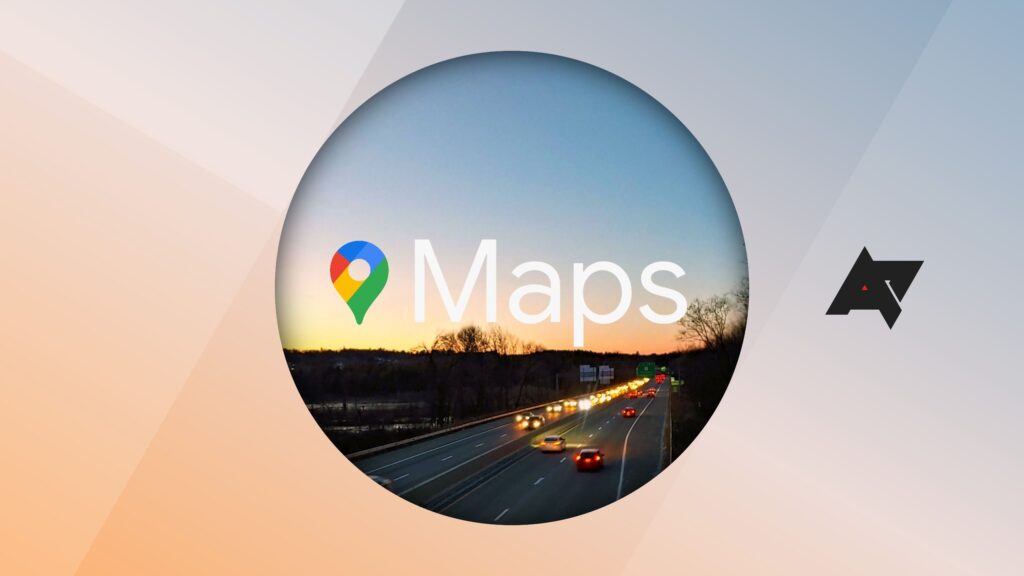Summary
- WhatsApp is the most-used messaging app in the world, with over two billion users.
- WhatsApp’s current popularity is largely driven by its vast install base in many countries.
- WhatsApp offers a simple user experience, encryption, and a wide range of features that surpass many other messaging apps.
WhatsApp has been around for a while, but has only fairly recently started to making inroads into the US. If you live in the States, you may not know many people who use the little green messaging app — but don’t be fooled. Practically everyone uses WhatsApp, even if you don’t. The app is more or less synonymous with modern life in Europe, Africa, South America, and most of Asia. Want to know what’s up with WhatsApp? You’ve come to the right place.
Global dominance
A lot of people use WhatsApp
WhatsApp is the most-used messaging app in the world with more than two billion users as of 2023. Nothing else comes close. For comparison, WeChat, the do-everything app that is a must-have in China, is the second most-used messaging app in the world, with just over half as many users as WhatsApp.
The app is extremely popular in India, where nearly half a billion people use it daily. South America has the second most users, with over 100 million in Brazil alone. Europe also has 100 million daily users. WhatsApp is popular across Africa and Southeast Asia, as well. If you live in one of these places or even know anyone who does, then you know that WhatsApp is one of the default ways you can get ahold of others. Even businesses use the app as their primary contact method!
However, if you live in the United States, Canada, or Australia, then you may not get the appeal. That’s because carrier-based texting — long built on SMS and MMS, but gradually transitioning to RCS messaging — continues to be popular in these countries, as does the iPhone-exclusive, Apple-managed iMessage.
We can thank SMS prices in many countries in Europe, and India in particular, for WhatsApp’s meteoric rise. SMS used to cost up to €0.15 per message in Europe. Many plans in the early 2010s were pay-per-use, which meant every text message whittled away your remaining balance. WhatsApp, meanwhile, was practically free.
In many countries where WhatsApp flourishes, Android is the norm, whereas iPhones tend to dominate large segments of the US, Canadian, and Australian phone markets. The results are obvious: iMessage gets a foothold in some markets, and for folks in those markets not using iPhones, SMS texting has historically been pretty affordable.
For people outside those markets for whom carrier texting may be surprisingly pricey (or once was), WhatsApp is an appealing alternative. Even as markets shift, it’s a system that’s become self-perpetuating: WhatsApp continues to be popular precisely because WhatsApp has been popular. For people who live in places where SMS, RCS, and iMessage aren’t as widely used, WhatsApp is the most practical way to communicate via text.
WhatsApp basics
A quick primer
The heart of WhatsApp is simple internet messaging from mobile devices. It has always been easy for people to keep in touch through instant messages. People logged in with their phone number, which made it an extension of their phone. And ever since the world learned how our phones are under extensive surveillance in 2013, the service has moved to end-to-end encryption for all communication on its platform, with the rollout fully completed in 2016.
A ubiquitous service like it is today is exactly what the founders wanted. Jan Koum and Brian Acton spent 20 years working at Yahoo when they decided to set out on their own to build the messaging app in 2009.
WhatsApp initially cost $1 a year, and by 2013, had half a billion users. Then Facebook swooped in and purchased the company in 2014 for $19 billion USD. The app became a free service shortly after, introducing new privacy concerns that we’ll touch on in a moment.

7 best WhatsApp features added in the last decade
Believe it or not, WhatsApp got better with Meta
Today’s WhatsApp is still one of the fastest and most reliable instant messengers out there. But it has a few more bells and whistles than it did a decade ago. Now you can make free voice and video calls with other WhatsApp users; join Discord-esque “Communities;” and send photos and videos in high resolution. You can also send gifs, emojis, and stickers.
Mark Zuckerberg announced more improvements coming to the app back in October 2023, including account switching, passkeys, text formatting, self-destructing voice messages, and locked chats for greater privacy. Neither RCS texting nor iMessage can hold a candle to the breadth of WhatsApp’s functionality.
Businesses in some countries use WhatsApp for customer service, and managers use it to organize their teams and projects. In many areas, the app is omnipresent in every aspect of life.
Privacy concerns
WhatsApp is now owned by Meta
Numerous privacy concerns surround anything Meta touches, and for good reason — the company is notorious for peering into every aspect of our lives through its apps. The WhatsApp purchase by Meta (at the time, Facebook) raised howls of protest from the service’s fans over privacy.
At first, Facebook promised it would not use personal data in WhatsApp same way it did with Facebook and Instagram. But that all changed in 2021 when the company (now called Meta) rolled out a new privacy policy for the app. Users had to agree to sharing all their data from WhatsApp with other Meta products in order to continue using most of the app’s features, and the uproar was so bad that even the German government stepped in to slap down some rules on what Meta could, and couldn’t, use.
The app was too big by then for most people to ignore, and so a majority of users simply accepted the new terms and continued on with their day. But what began as a privacy-focused simple messaging app is today a data-collecting, complex, do-everything app used by a third of the world.
WhatsApp vs. the others
How does WhatsApp stack up?
There are dozens of instant messaging apps out there: Messenger, iMessage, Signal, Snapchat, Telegram. The list is long, but WhatsApp continues to top it. A lot of its success has to do with its momentum as the messaging app for large parts of the world. If everyone else uses it as their primary means to communicate, then you probably will, too. But the app also has some unique strengths over the competition.
For starters, it’s extremely simple to use. There’s no need to set up a user account or worry about passwords; simply enter your phone number and you’re off. Things are changing now that Meta is allowing cross-platform usage tied to your Meta account, but you still don’t need to do all that if you don’t want.
WhatsApp has disappearing messages. You can set a timer for how long they’ll stick around after the recipient has viewed them. Sure, Snapchat has the same thing, but can it send documents? WhatsApp can, with file size limits of up to 2GB allowed. Then there’s Telegram, which may have a lot more features and is on the verge of becoming a full-blown social media network, but even with the privacy issues WhatsApp has, the Meta app still offers more robust security and encryption.
iMessage seems rudimentary compared to WhatsApp. Apple’s locked-down messenger has emojis, stickers, voice messages, gifs, and photo and video sharing. But there are no broadcasts, no communities, and no self-destructing messages.
Meta’s other messaging app, Messenger (which is the second-most-used instant messenger in the world), shares a lot of functions with WhatsApp. But it’s tied much more closely to Facebook itself, which many younger people have stopped using or never even signed up for, and lost features over the years, such as SMS support.
Should you start using WhatsApp?
The water’s fine
If you’re in the United States, you’ll be pleasantly surprised to find how smooth and useful WhatsApp can be. You can also access it from a desktop or laptop computer, giving you cross-device messaging. The app does practically everything except send money, which is locked to a few regions.
But you may have problems finding others to chat with, especially if you’re outside the big cities — WhatsApp simply does not have the same market as Messenger or iMessage in the US. It’s a shame, because the app can be pretty great. If you’re interested in digging into the world’s most popular messaging app, we’ve compiled 11 of the best tips and tricks you can use to master it. Perhaps you could be the one who starts the mainstream WhatsApp revolution in America?
